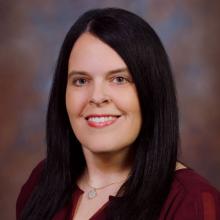Start Exploring
Tell us more about what you’re looking for
May We Suggest
Admissions
Broaden your career opportunities, gain hands-on experience, discover a personalized education, and make friends to last a lifetime.
Center for Teaching Excellence
The UVA Wise Center for Teaching Excellence offers undergraduate-level courses for those seeking licensure and recertification.
Master of Education
Learn about the 30-credit hour, non-thesis degree program with concentrations in Curriculum & Instruction, Library Media and Special Education.
Support UVA Wise
Your support directly contributes to scholarships, research and study abroad programs, facility upgrades, athletics, and much more.
